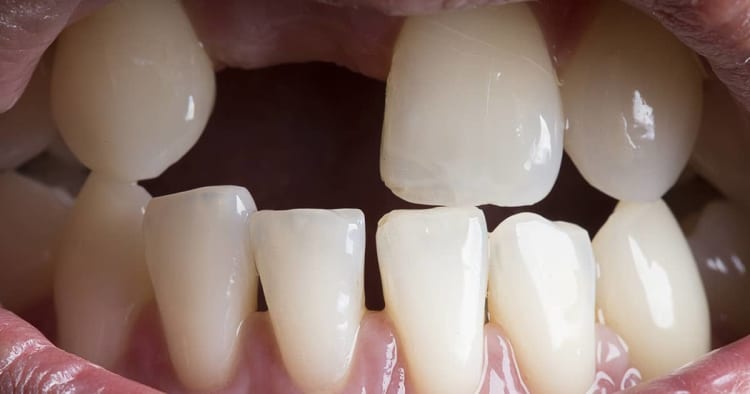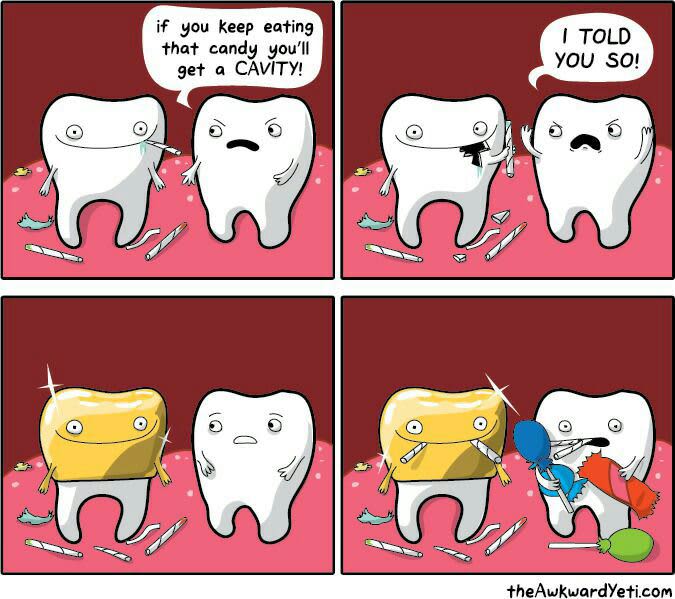This is really interesting. I will put it in two different categories.
When you’re older and you lose teeth, let’s say the teeth fall out because they’re shaky, they usually fall out because you have gum disease. In those situations, you have very little bone because the bone gets eroded away. When the tooth gets extracted you usually don’t have enough bone. In one scenario when you’re old, you don’t have enough bone.
Another situation where you have cracked teeth, or you have decay, a tooth is destroyed but you still have fantastic bone.
In this situation where you have a lot of bone, we can actually take the tooth out, insert, and stabilise that implant titanium screw on the same day. That’s called an immediate implant.
You’re more likely to be able to receive an immediate implant if your tooth is extracted because of a crack or because of decay.
So if you have good bone, we can actually shorten the time between the extraction and putting in the fixture, because the bone is still good.
If you’re medically compromised, like if you have osteoporosis or diabetes, then you don’t have enough bone.
The case becomes more complicated because before we can even put dental implants, we have to treat the medical cause of it. So if you have diabetes, we have to get your diabetes under control before we can even attempt to rebuild anything.
We do check the medical history; if you don’t have enough bone we have to do bone grafting, so we need to prepare the gum and bones. After that is prepared then we come in to put the dental implants.
Depending on how you lose the tooth and depending on how much bone you have left, your dental implant could be very straightforward or it could be a lot more complicated.
Again, this leads to a difference in cost. Just now we talked briefly about bone grafting and all that, it’s really different whether it's going to be a simple implant or a difficult implant.
It’s an interesting question because how you lose your tooth affects how the implant is placed back. The implant could be the same implant, but how you prepare the bit for your implant to stick on is absolutely different depending on whether you lose your tooth because of a crack/tooth decay or because of gum disease/old age.



